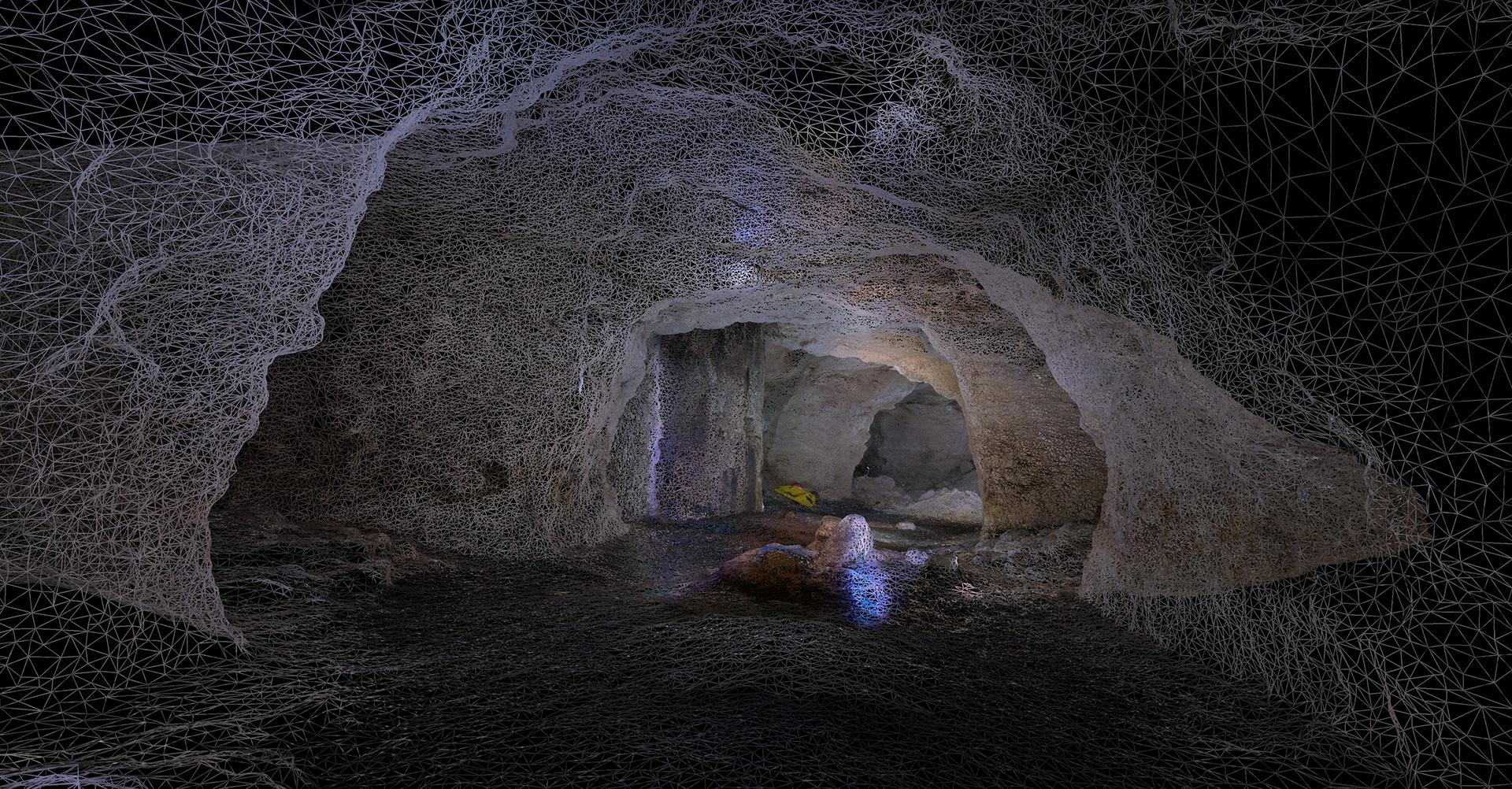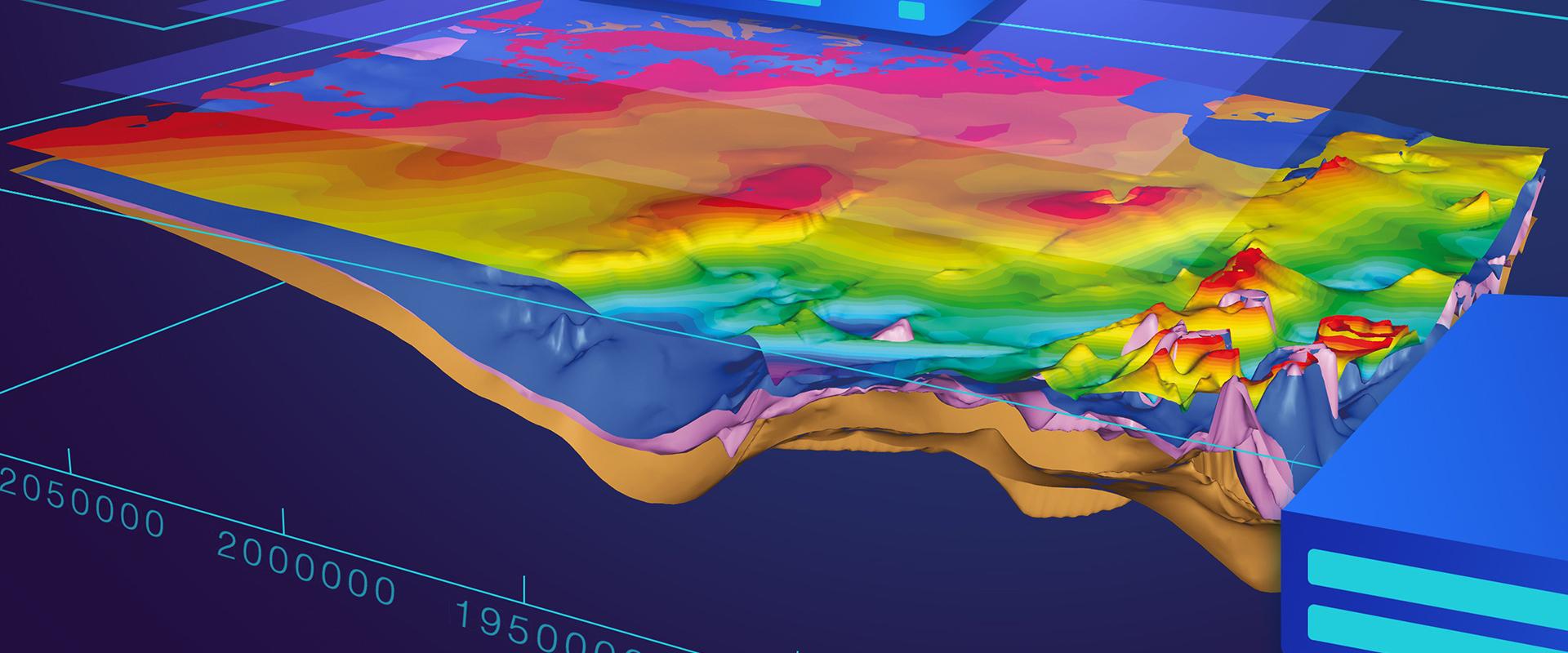Led by BRGM, the JUNON programme was launched in Orléans on 16 January. JUNON is one of the 6 Ambition Research and Development programmes funded by the Centre-Val de Loire Region. The 5-year programme aims to create an innovative digital research centre dedicated to the environment and the management of natural resources.
The JUNON programme has a substantial budget of 12.3 million euros, including 6 million euros from the Centre-Val de Loire Region, with complementary funding under the State-Region planning contract (CPER). It involves 19 partners, including the universities of Orléans and Tours, the CNRS, INRAE, the DREAM competitiveness cluster and two companies, Antea Group and Atos. The consortium also benefits from the support of local structures such as Le Studium, Agreen Tech Valley and Orléans Val de Loire Technopole.
A digital twin is a virtual reproduction of an object or environment which uses artificial intelligence techniques to simulate the behaviour of its real double in order to better understand and manage it. The objective of JUNON is to develop digital twins applied to different natural systems (water, ground, air) and to design corresponding digital services. Ultimately, the aim of the JUNON project is to create a range of digital services for the environment and to develop innovative projects around a cluster of private and public partners based in the Centre-Val de Loire region along with a centre of excellence and innovation in this field.

For BRGM and all our partners, the programme offers a significant opportunity for technological and scientific development. The development of environmental digital twins is an important challenge in itself, but the tool is becoming a necessity for environmental management, which can only be achieved collectively, by bringing together all the expertise needed to fully grasp the diversity and complexity of the environments concerned.
This programme aims to develop digital twins coupling environmental models and environmental data streams. The Centre-Val de Loire region is an exemplary model, as it brings together different typical environments (agricultural plains, forest and urban environments) including the Beauce aquifer, the largest in France. The spheres of application include, for example, irrigation, or the management of drinking water supplies. It will also be possible to measure the impact of soil sealing on flooding, the impact of climate change on the temperature of the Loire or on forests, and to better guide local policies to combat greenhouse gases, etc.
The JUNON programme is one of the main components of the regional specialisation strategy entitled "Environmental metrology and engineering for the preservation and sustainable management of natural resources" led by the DREAM competitiveness cluster and the regional economic development agency Dev'Up.

The launch of the JUNON programme heralds a new stage in research on digital twins, but beyond that, it is the epitome of what our Region's ambition should be: outward-looking research to build a community of researchers, to inform the public, to create bridges to companies and to project our region to the forefront on the international stage.
To find out more
Press contact









